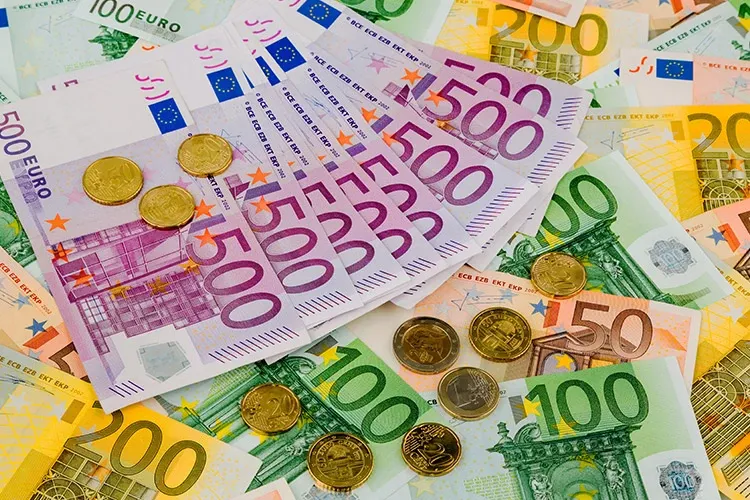Telefónica Holds 96.85 Percent of Its Deutschland Subsidiary Shares
Following the end of the public delisting acquisition offer for Telefónica Deutschland, Telefónica holds approximately 96.85% of the shares in its German subsidiary.

Qualcomm must shell out 997 million euros in fines after the European Union’s antitrust arm said the payments were an illegal ploy to ensure only its chips were used in iPhones and iPads, according to Bloomberg. Apple was cornered by Qualcomm with a 2011 deal that offered "significant" sums and rebates if it only bought the company’s chips, the European Commission said in a statement.
“Apple was seriously thinking of switching“ from Qualcomm to Intel chips “which would have made a big difference to Intel" but couldn’t do so until its Qualcomm pact was about to expire in September 2016, EU Competition Commissioner Margrethe Vestager told reporters at a Brussels press conference. “This meant that no rival could effectively challenge Qualcomm in this market, no matter how good their products were," Vestager said. "We’re talking about one of the biggest and most important customers in this market.
The antitrust fine, the EU’s third highest, comes as Qualcomm tries to fend off a $105 billion hostile takeover by rival Broadcom and wages war with Apple in numerous court cases around the world over patent licensing. Qualcomm’s management is under pressure to show shareholders it can manage the Apple dispute and battles with regulators that have already led to fines in China and South Korea.
"Qualcomm strongly disagrees with the decision and will immediately appeal it to the General Court of the European Union," the company said in a statement. The EU decision "does not relate to Qualcomm’s licensing business and has no impact on ongoing operations." “The outcome is that rivals are prevented from challenging dominant companies with more innovative products," Vestager said. The fine represents 4.9 percent of Qualcomm’s revenue in 2017.
Qualcomm faces a threat of further fines from a second EU investigation into allegations it deliberately sold internet modem chips below cost from 2009 to 2011 to knock out a rival. The EU alleges that Qualcomm aimed to hinder competitor Icera, now owned by Nvidia. There are "no repercussions" for Apple for accepting the deal with Qualcomm and no evidence of wrongdoing by them, Vestager said.